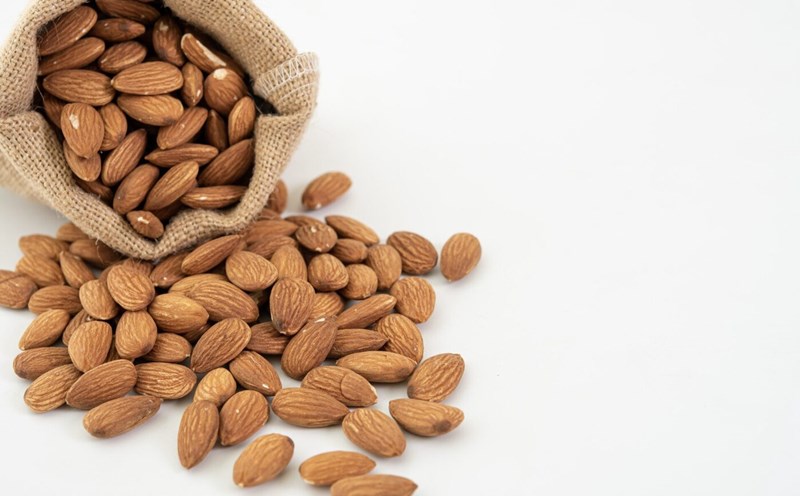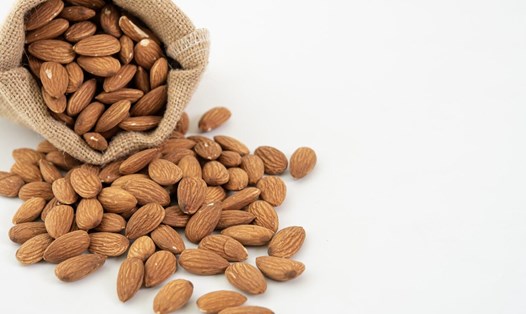The right understanding of kefir and kombucha
Many housewives choose to buy kefir or kombucha because they hear the saying "good for the intestines", but not everyone clearly understands the difference.
According to nutritionist Brittany Lubeck, Master at verywell Health (USA), kefir is fermented milk containing probiotics and proteins that help boost immunity, while kombucha is lightly fermented tea, rich in probiotics and antioxidants.
To put it simply, kefir is similar to yogurt but is stronger, suitable for people who need nutritional supplements, while kombucha is a gentle detox tea, suitable for people who want to purify their bodies.
Choose the right person, use the right one
Children and the elderly: Kefir is an ideal choice because it contains calcium, vitamin B and protein that help strengthen bones. You can drink about 100 - 200ml per day.
People who want to lose weight: Kombucha is low in calories, only about 40 calories per 240ml glass, helping to control weight while still supporting digestion.
People with lactose intolerance: Should avoid dairy kefir, you can choose kefir made from coconut water or nut milk.
Pregnant women: Do not drink kombucha on your own because it may contain mild alcohol and raw enzyme.
Whether its kefir or kombucha, start with a small amount to get used to, avoid bloating or digestive disorders, Lubeck advises.
Tips to include fermented drinks in your family menu
Use kefir instead of yogurt in morning smoothies.
Add kombucha to a glass of ice cream, add a few slices of lemon or mint as a afternoon refreshment drink.
For young children, you can mix kefir with banana or mashed strawberry to both be delicious and add probiotics.
Maintaining a regular, moderate drinking habit will help the whole family have a healthy digestive system, reduce constipation, sleep well and increase resistance.











